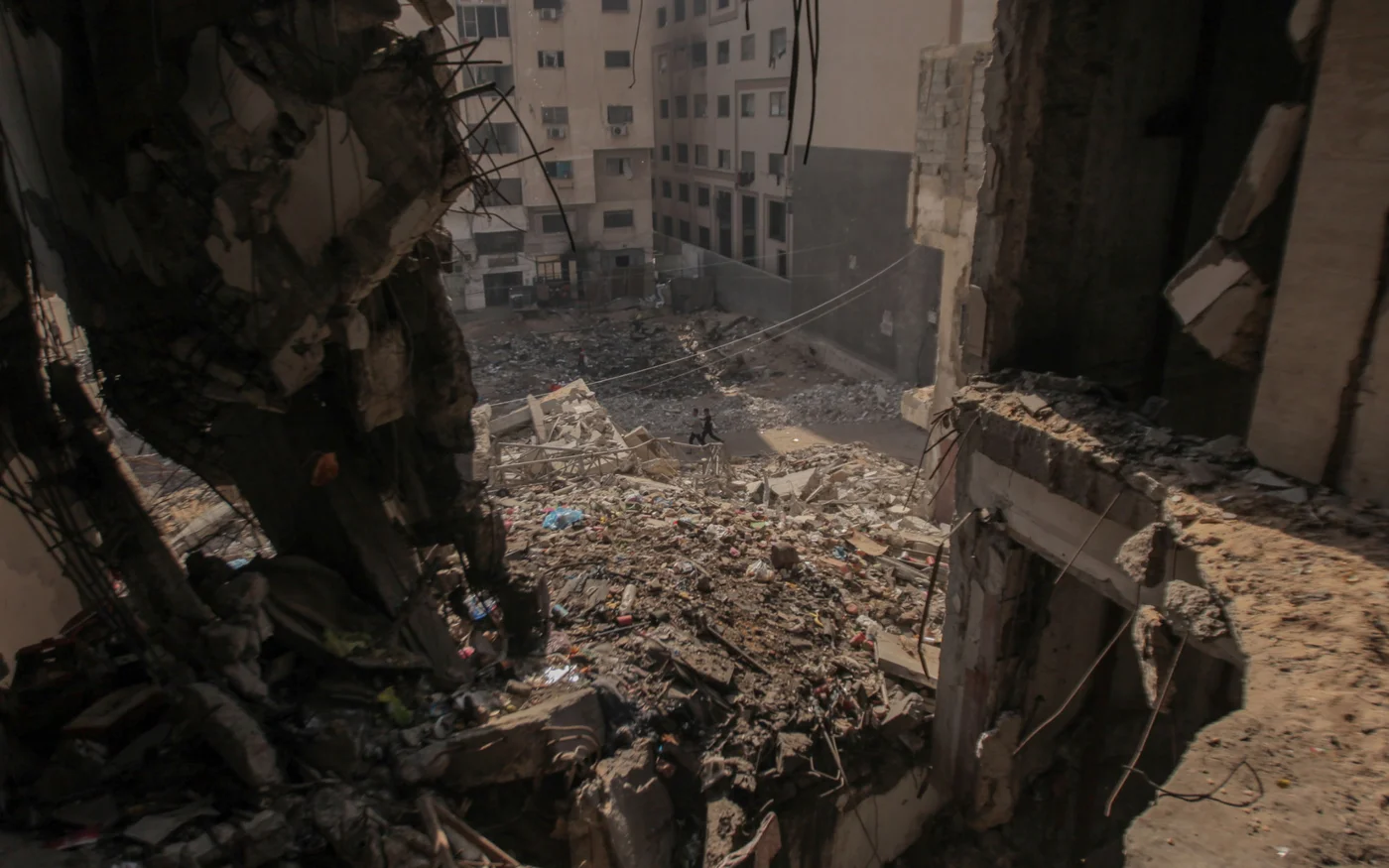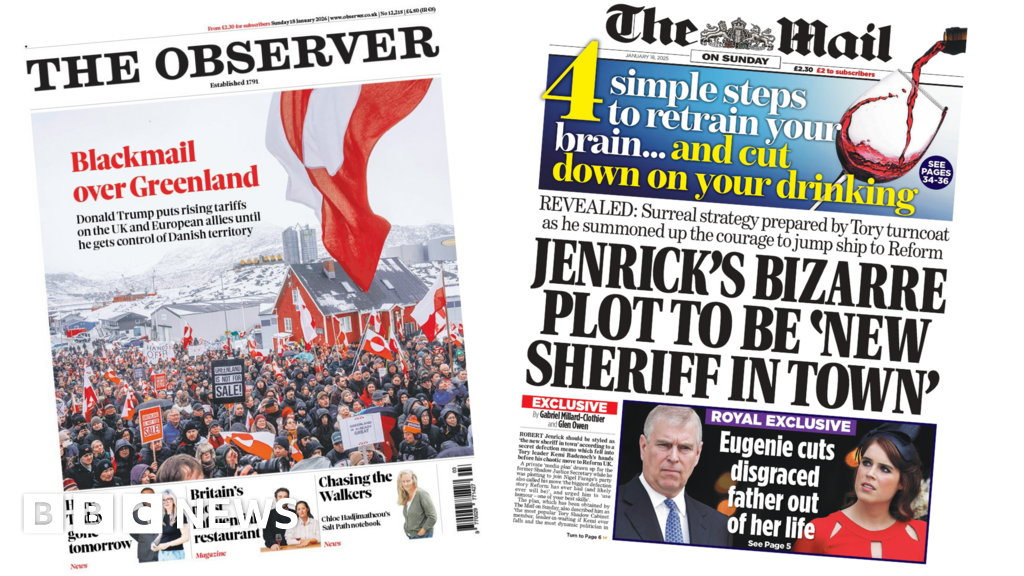The United States’ special envoy for Syria, Barrack, has described Lebanon as “a failed state,” reflecting growing frustration with the country’s stagnant political landscape. His remarks come amid increasing tensions in the region and a clear endorsement of Israel’s military actions.
In a statement, Barrack emphasized that Lebanon stands out as the only nation in the Middle East that has not aligned with what he termed a new Middle East order. He specifically pointed to Hezbollah, stating, “The state is Hezbollah,” suggesting that the militant group has effectively filled the void left by a government that has failed to deliver essential services such as electricity and water.
Barrack’s comments underscore the U.S. stance that it will not deepen its involvement in Lebanon, particularly in the context of what he described as a “foreign terrorist organization” dictating the pace of events in the country. “It is really up to the Lebanese,” he noted, indicating that the responsibility for change lies within Lebanon itself.
The envoy further asserted that while the U.S. would refrain from intervening in regional disputes, it would support Israel should it “become more aggressive toward Lebanon.” This statement aligns with the U.S. government’s long-standing support for Israel in its confrontations with Hezbollah and other militant groups in the region.
Barrack’s characterisation of Lebanon reflects a broader concern regarding its political paralysis, which has hindered economic recovery and led to widespread social unrest. The country has grappled with a severe economic crisis, resulting in a significant decline in living standards for many Lebanese citizens.
Lebanon’s political dysfunction has been exacerbated by the influence of Hezbollah, which has maintained considerable power despite the government’s inability to function effectively. The situation presents a complex challenge not only for Lebanon but also for its neighbors and international stakeholders concerned about stability in the Middle East.
The implications of Barrack’s comments may resonate beyond diplomatic corridors, as they could influence how Lebanon is perceived in international policy discussions and negotiations. With the U.S. reiterating its position, the future of Lebanon remains uncertain as internal divisions continue to impede progress.
In conclusion, the U.S. envoy’s statements mark a significant moment in the ongoing discourse surrounding Lebanon and its place in the regional order, underscoring the challenges that lie ahead for the country and its citizens.







